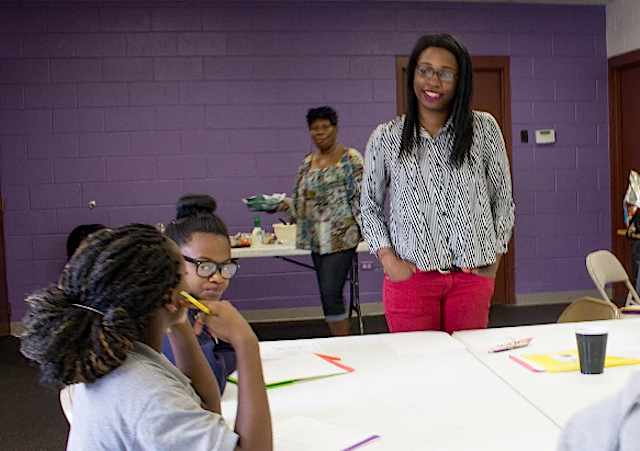
Schools are collapsing math “tracks” to put kids of all abilities in the same classes and adding data science courses that carry the same prestige as calculus, long seen as a gateway to a career in STEM fields – and elite colleges.Īnother heated issue: the extent to which math education should include real-world problems involving racial and social inequities.

That can open doors to competitive colleges and lucrative careers.Īfter Ebri switched to emphasizing real-world problems and collaboration, her students, most of whom are Black, improved their scores on Florida’s math exam in 2020-21 – even with 1 in 3 learning from home.īut other, bolder recommendations to make math more inclusive are blowing up the world of mathematics education. If kids of color, girls and low-income students engage, they’ll be more likely to pursue high-level math classes, the argument goes. Problem- solving is a team sport, rather than an individual sprint to the right answer.Įbri, a math teacher and tech specialist for Duval County Schools in Florida, is using new techniques designed to promote equity. Students practice equations through singing, dancing and drawing.Īctivities are sculpted around their hobbies and interests: anime, gaming, Minecraft. Algebra classes taught by Nadine Ebri look different than the ones you probably took in school.


 0 kommentar(er)
0 kommentar(er)
